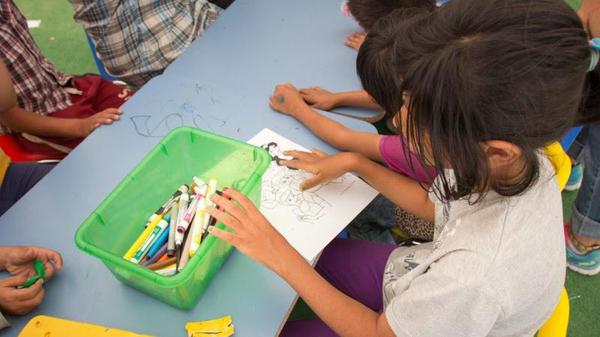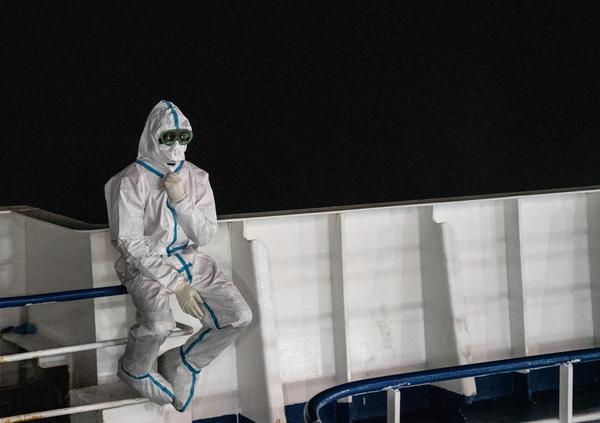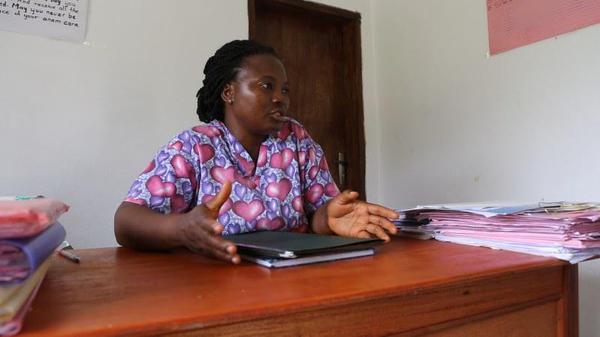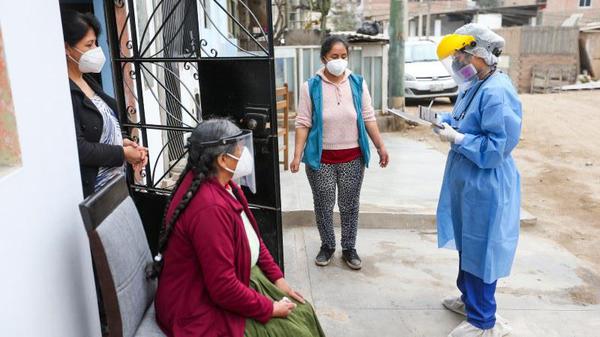
How the pandemic spurred innovations in mental health services
Just as the COVID-19 pandemic created a greater demand for mental health support, lockdowns and other restrictions meant that organizations around the world had to get creative with how they could deliver these services, particularly to low-resource communities.
Zoom calls weren’t always the answer, but technology did play a key role in connecting clients and partners, sharing information, and providing remote training.
Since the start of the pandemic, StrongMinds, a social enterprise that tre
Zoom calls weren’t always the answer, but technology did play a key role in connecting clients and partners, sharing information, and providing remote training.
Since the start of the pandemic, StrongMinds, a social enterprise that tre















